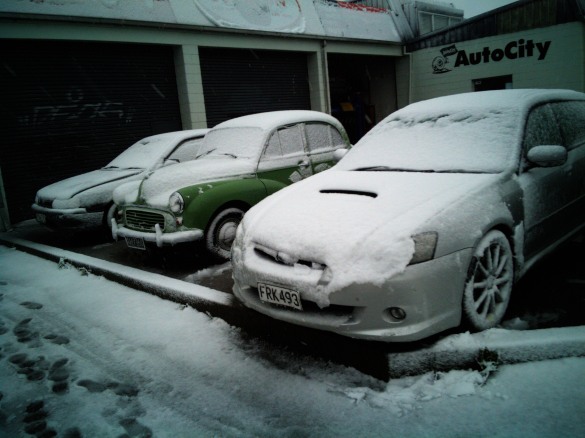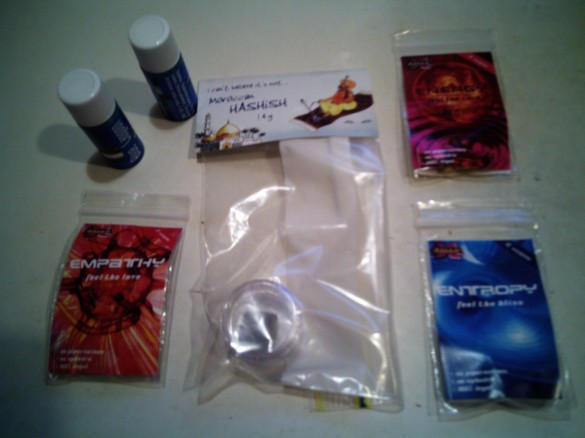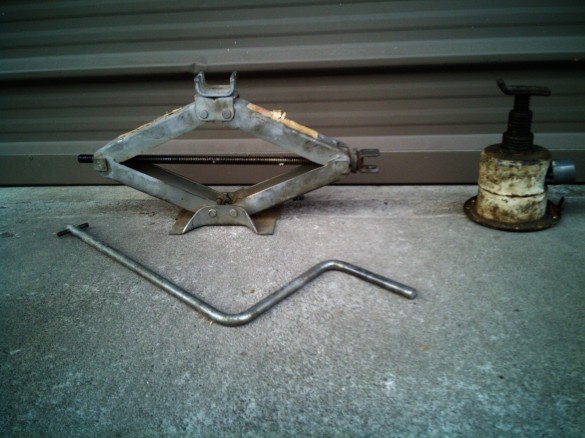Just to be clear, the cocaine was not actually discovered in the court-room, and the person who died, was somewhere else at the time.
Actually both cases could be described as “tragic” outcomes, not just for those directly involved, but for those such as friends and family, who are affected indirectly.
The day started in High Court number 2 with Honourable Justice Christian Whata giving a summation of the facts involved before pronouncing sentence in the case of Cameron John Lockie.
Cameron Lockie, 36, had earlier pled guilty to possessing cocaine for supply. Factors that went against him in sentencing included the large quantity involved (2.985 kilograms) and being 80% pure, the street value of approximately one million dollars (estimates ranged between $746,000 and $1,194,000).
His involvement it seemed had come about, after the cocaine shipment had arrived in through Auckland Airport. Cameron Lockie had acted as a contact and go-between. He was not the importer and denied having a co-ordinating role.
It was detailed how Cameron Lockie was usually resident in Wanaka and was an active volunteer in his local outdoor search and rescue services. He has a wife and 2 children, a 5-year-old and a 3-month-old. Hs wife, still suffering post-natal depression, was described as being in a fragile state by justice Whata.
A respected builder in Wanaka, Camerone Lockie was flatting in Christchurch at the time, involved in reconstruction works here as an EQC assessor.
Referring to 19 individual testimonials of his good character, Justice Whata singled out one, for special mention, that from the Associate Editor of New Zealand Snowboard Magazine.
Considering previous submissions by the defence, the judge was able to take into account some elements on compassionate grounds. Cameron Lockie had just one previous offence, a minor unrelated conviction some time ago, he was not paid for his part and was simply a facilitator. His wife’s state of health was also considered.
Justice Whata also considered earlier testimony that he was just “helping a friend in need” and that, that had not been challenged by the prosecution. The prospect of Lockie re-offending was considered “very low”.
It may have gone against him, that he had not pled guilty at the earliest opportunity. However Justice Whata accepted that after some discussions with the prosecution over the exact charges he would face, he had then pled guilty at the next earliest opportunity.
Several of the other people, who had already been dealt with by the court, had received discounts on their sentences for co-operating with the police. Cameron Lockie had not assisted the police similarly and would not usually be eligible to receive that same discount, however the judge understood that, as the last link in the chain, no such co-operation was possible, and sought to ensure he was treated fairly under the circumstances.
Considering also that for those more deeply involved than he was, the sentences previously handed down to the organisers and couriers had varied from 7 to 12 years, the crown had sought 8 years for Mr Lockie.
Although he had been out on bail, and had complied fully with its terms, I’m fairly sure Cameron would have known that a custodial sentence was unavoidable, and would have brought his PJs and toothbrush with him to court this morning.
So after giving his lengthy summary, amounting to about 30 minutes (during which time His Honour granted Mr Lockie permission to be seated), the Honourable Justice Whata sentenced Cameron John Lockie to 2 years and 1 month of imprisonment.
The court then had a short recess before resuming the murder trial from the previous day.
The case involves the death in February 2012, of 28-year-old Sri Lankan born farm worker Sameera Madurangana Manikka Battelage (sometimes also known as Sameera Chandrasena or just Sammy), who was living in the Canterbury farming area of Oxford.
The Crown alleges that two of his drinking buddies, Mudiyanselage Viraj Wasantha Alahakoon, 34, and Thuvan Prawash Sawal, 24, cut and stabbed at his throat, killing him, before setting fire to him with petrol in the early hours of the morning, of the 23rd of February.
Both of the accused, through their respective counsel, claim that it was the other who killed and set fire to Sameera Battelage (Chandrasena).
The case resumed with more testimony from a woman who has name suppression. In court she gave evidence obscured from the defendants’ view by a heavy curtain (however she was clearly visible to the judge and jury members).
In quiet voice she answered questions put to her by the prosecutor, replying in clear and good English, although with a noticeable “Indian” accent. Occasionally her choice of vocabulary or word order gave tell that English was a second language to her.
However the case proceeded only slowly as a court-room interpreter translated every question, and then her response, into the Sinhalese language (for the benefit of the two accused men).
It had already been outlined by the prosecution, that Mr Battelage (Chandrasena) had had a relationship with the female witness for a short time in 2011. Over a period of some 8 months they had sex on some four occasions.
The witness and Mr Alakahoon already knew each other. When sometime later, Mr Alakahoon found out about the relationship she had had with Mr Battelage (Chandrasena), the prosecution alleges he arranged with his friend Mr Sawal, for them to act together to kill Mr Battelage (Chandrasena).
The testimony given by the female witness involved descriptions of clothing and footwear that she had seen all the men wearing in the days surrounding the murder. There were also a number of moving-video clips shown to the court from CCTV security cameras located at the Belfast Tavern and inside the bottle-shop area.
There were several still-photos captured from the CCTV footage and the jury had already been provided with ring-binder files with numbered photographs to review.
The scenario was that the men went out together to the Oxford Workingmen’s Club on the evening of 22 February 2012 to watch a telecast of a cricket match between Sri Lanka and South Africa.
They later went back to Battelage’s rented farmhouse on Domain Road, near the Oxford township and continued drinking there. It is at this location, sometime in the early hours of the morning, that the prosecution alleges the murder and burning of his body took place.
The prosecution asked the witness about the size of the victim in comparison to the two accused men. He was “a tall boy” she said, and when asked if he was fit she said “Yes he was, (he) could be quite strong because of the job he’s doing”.
The witness also mentioned a Casio wristwatch that had been seized from Mr Sawal by the police.
Mr Alahakoon is also facing separate charges of assaulting a woman on 5 and 24 of December in 2011. In one instance it is claimed scissors were used in the attack. That woman has name suppression.
Defence counsel had advised they wished some extra time to take further instruction from their clients, and there were some legal points to be discussed directly with the judge, in the jury’s absence. So at 12.30, the court recessed for lunch and the jury were sent home early for the day. Defence counsel were due to appear before the judge at 2.15 pm to make their submissions on points of law.
The trial continues and is expected to last between four and six weeks. With the added factor of all questions, and responses, being translated into Sinhalese, this trial is both highly interesting and mind-numbingly boring, at the same time. It’s going to be a l-o-n-g month I think.
Other commitments will prevent my attendance at court every day, however I will be there on those days that I can be.
(Explanatory note on names. Sometimes inconsistencies exist in names, and this can be caused by a number of factors, especially when non-European names are “Anglicised” so they can be written using a normal English alphabet. Other factors can be “tribal” names used in some cultures or names which change over the course of life. In some cultures, married women do not assume their husband’s surname and in some countries the surname or family-name goes first and the Christian or given name goes afterwards. Sometimes names can have a numeric meaning also. Much can be ‘lost in translation’. The most common language spoken in Sri Lanka is Sinhalese. This is usually written using a combination of two alphabets, which can trace their roots back thousands of years. The deceased man in the case currently before the court, has been referred to variously as Sameera Chandrasena and Sameera Madurangana Manikka Battelage. No offence is intended to any person. )




